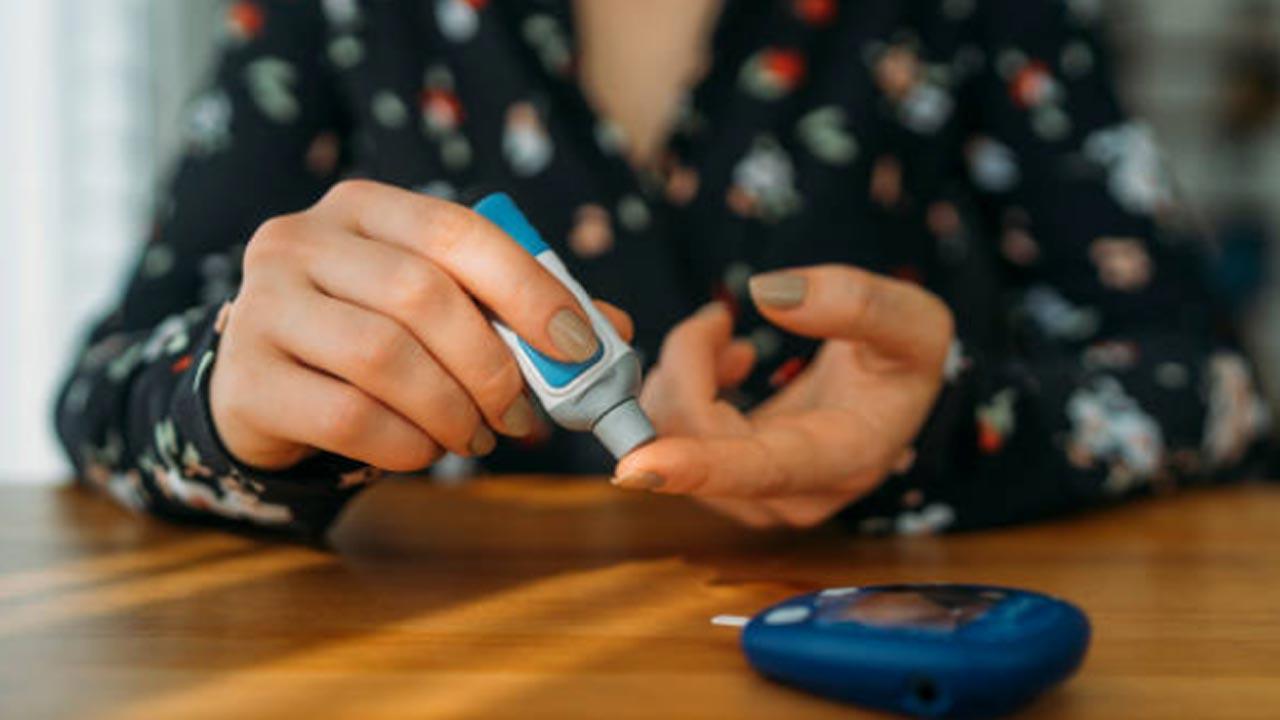"Cancer patients undergoing chemotherapy, those who have had a transplant and people taking immunosuppressants (medications that weaken the immune system) also used to get it. But now due to Covid-19 and its treatment, an increase in the number of cases is being witnessed," Dr Guleria said.

Photo for representational purpose. Picture Courtesy/iStock
Amid rise of mucormycosis (black fungus) infection, diabetic patients are advised to frequently monitor and control their blood sugar levels. Diabetic patients (those with uncontrolled diabetes), steroid usage and being Corona positive, a combination of these factors places one under risk of getting mucormycosis. Therefore, diabetic patients should regularly monitor and control their blood sugar levels.
ADVERTISEMENT
Mucormycosis or black fungus infection is not a new disease and it was reported even before the pandemic. Its incidence, however, was very low. Now, owing to Covid-19, this rare but fatal fungal infection is being reported in large numbers.
The Coronavirus Disease Associated Mucormycosis (CAM) is being seen in patients who are either recovering or have recovered from Covid-19.
Director AIIMS, Dr. Randeep Guleria, explained that earlier, mucormycosis was commonly spotted in people suffering from diabetes mellitus, a condition where one's blood sugar (glucose) levels are abnormally high.
"Cancer patients undergoing chemotherapy, those who have had a transplant and people taking immunosuppressants (medications that weaken the immune system) also used to get it. But now due to Covid-19 and its treatment, an increase in the number of cases is being witnessed," Dr Guleria said.
He mentioned that there are more than 20 cases of the fungal infection in AIIMS itself, all of whom are Covid-19 positive and many states have reported 400 to 500 cases, all among Covid-19 patients.
There is a higher chance of occurrence of mucormycosis in patients whose immune system is not functioning well, and since Covid-19 treatment tends to suppress the working of the immune system, it places such patients at a higher risk of contracting the black fungus infection.
He advised that Covid-19 patients with a mild form of the infection should strictly avoid taking steroids as taking steroids increases the risk of secondary infections such as mucormycosis. If a Covid-19 infected person's oxygen saturation level is normal, and he/she is categorised as clinically mild, steroids should be completely avoided.
"Those who are taking steroids should also keep checking their blood sugar levels. In most cases, one who is not diabetic finds that after taking steroids, the blood sugar level shoots up to 300 to 400. Hence, it is essential to continuously monitor one's sugar levels," Dr Guleria said.
"High dosage of steroids being taken by Covid-19 patients is of no use. Mild to moderate doses are good enough. As per the data, steroids should be given only for five to 10 days (maximum). Moreover, steroids increase the blood sugar level which can then become hard to control. This can in turn increase the chance of fungal infection," Dr Guleria said.
This story has been sourced from a third party syndicated feed, agencies. Mid-day accepts no responsibility or liability for its dependability, trustworthiness, reliability and data of the text. Mid-day management/mid-day.com reserves the sole right to alter, delete or remove (without notice) the content in its absolute discretion for any reason whatsoever
 Subscribe today by clicking the link and stay updated with the latest news!" Click here!
Subscribe today by clicking the link and stay updated with the latest news!" Click here!






